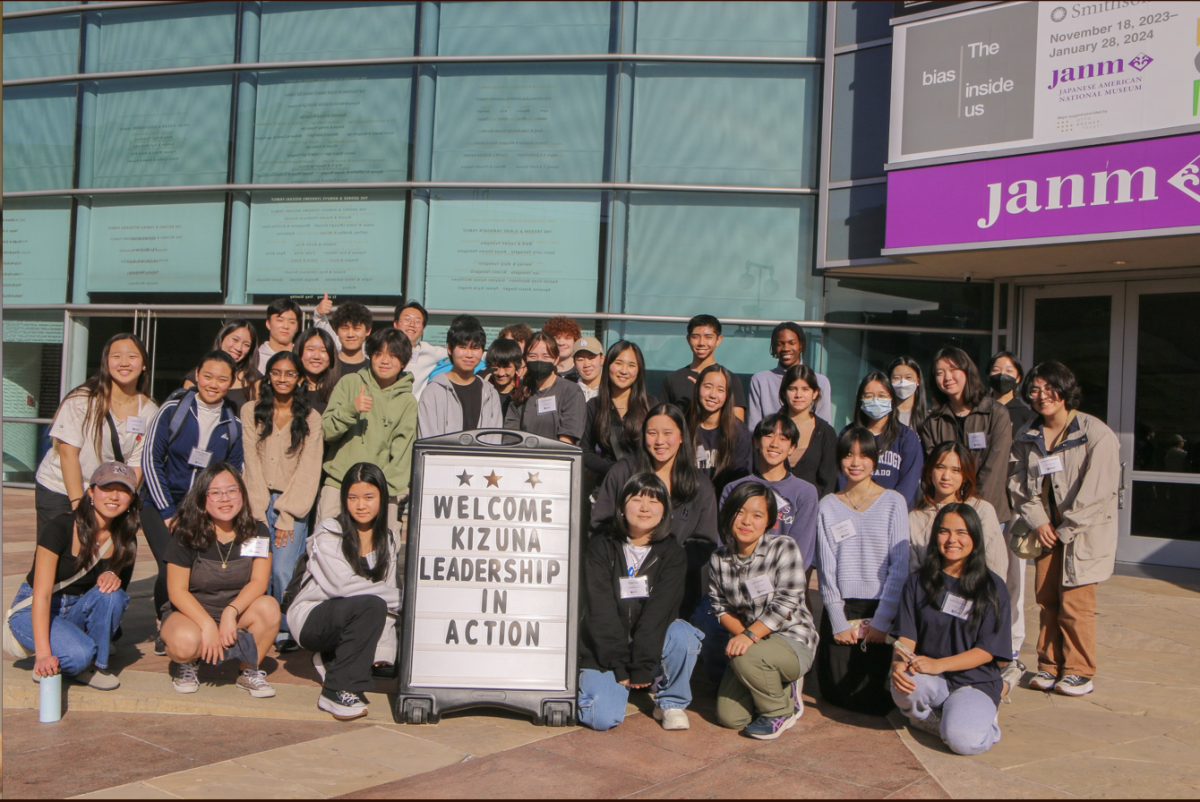What would it take to postpone a crucial convention held every four years to debate the presidential nomination? The 2012 Republican Convention in Tampa, FL, was delayed due to the Hurricane Isaac, which has already damaged 2,346 and obliterated 335 homes, and killed 29 people in Haiti and Dominican Republic. Although the destruction caused by Hurricane Isaac elicited apprehensive reactions, it should be noted that Isaac’s severity does not compare to that of Katrina’s, and more advanced defenses against natural disasters are now available.
When Isaac landed near the mouth of the Mississippi River at 6:45 p.m. on August 27, it was identified as a Category 1 hurricane, with winds traveling approximately 80 miles per hour. Hurricanes are divided into 5 categories: 1 being the weakest of the 5 strengths of hurricanes and 5 being the most dangerous. Though it is categorized as a tropical storm that will not result in catastrophic damages, scientists warned that Isaac has the potential to inflict more damage. Many federal officials have stated the dangerous aspects of Hurricane Isaac, claiming that the storm may result in high seas, intense rain, and severe flooding in both coastal and inland areas. “The hazards are beginning,” warned Dr. Rick Knab, the director of the National Hurricane Center, “It is going to last a long time and affect a lot of people.” Dr. Knab also declared that although Isaac’s strength cannot be compared to Hurricane Katrina—coincidentally, Hurricane Isaac struck Americans on the eve of the seventh anniversary of Katrina, which wreaked complete havoc in Louisiana—its breadth may be wider, meaning more areas will be affected.
Despite the worries, there are some voices that try to calm the disorder caused by the storm. Tim Doody, the President of the Regional Levee Board of New Orleans’ metropolitan area, stated, “We are ready for this,” citing that the Army Corps of Engineers has spent $14.5 billion to construct a 133-mile ring of levees, flood walls, gates, and pumps after Hurricane Katrina swept the land. The A.C.E. has promised a better defense system against natural disasters ever since its program proved not enough to protect New Orleans; about 7 years ago, New Orleans was struck by Hurricane Katrina and resulted in 1,836 deaths and 135 missing individuals.
However, it seems that even the strong defense put up by the federal government is not enough to assuage worried individuals. President Barack Obama declared a state of emergency in some parts of Louisiana and Mississippi. He stated in a campaign event in Ames, Iowa, that he “will be there to help folks recover no matter what this storm brings, because when disaster strikes, we’re not Democrats or Republicans first, we are Americans first.”







